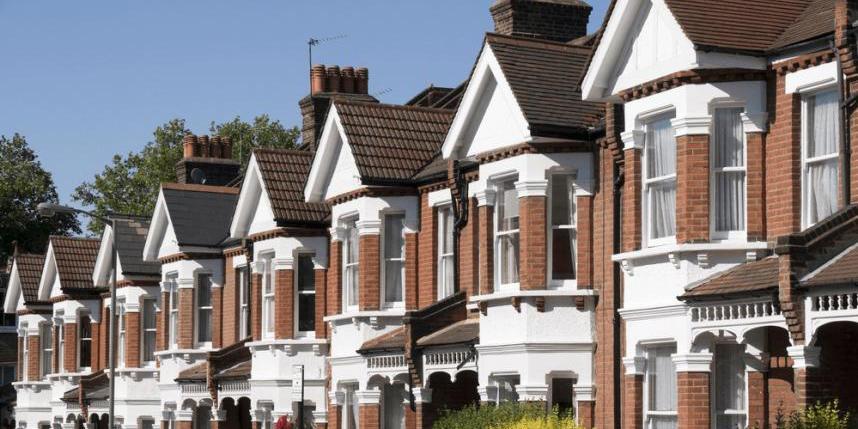Factors Restricting the UK Real Estate Growth
16 Jul 2019
UK Real Estate Growth
According to Zoopla, around 33% of Southern England homes encounter a long jam in the home price rates.
The report finds the locales in the South East, South West, and East may encounter a slight fall in 2020; however, the fall will be fleeting.
A few regions like Bath prime areas, Cotswold and Poole keep on enrolling gains.
According to the Land library records, regardless of Brexit, it found that the business sectors in North and Wales keep on picking up.
The lodging market information found the general rates in England (month on month) in April grew by 1.4%, and the highest gains were made in the North-East Midlands by 2.9%.
London property specialists find the market dropped in June by 0.7 per cent (according to Nationwide), which took the yearly count to - 3.8%; however, the operators discover the business sectors reviving from the Brexit blow.
The resignation of Theresa May and the chance of no arrangement hampered growth in certain regions. For example, South East locations had higher growth and faced exorbitance issues.
Indeed, even the capital city remained unreasonably expensive for normal purchasers. However, as of late, London picked up over the most recent couple of weeks as the purchasers realigned their spending and are currently prepared to pay more for the capital city properties.
The Yorkshire and Humberside district keeps on growing at a pace of 3% YOY.
Halifax reports the costs were 5.7 per cent higher YOY in a similar quarter a year ago. The ONS information presumes the house cost expanded over the UK by 1.4 per cent in April.
Issues Faced by The Buyers
Affordability and regulatory framework continue to pose risks, where the average buyer cannot plan a home investment.
Some buyers are waiting for the BoE to announce the rate cuts, which will directly impact their mortgage payments, even though the current rate is significantly low, and a rate cut will not have much impact on the average.
The Help-to-buy scheme is not very popular as many buyers face issues related to loan repayment when selling properties.
Currently, the rules allow landlords to claim 25% of the mortgage interest payment through their rental income, which will stop in April 2020.
The markets continue to remain unexpectedly high as the tax bills are increasing.
How To Gain Funds for Home Buying?
Buying a house requires the best financial option to make the investment successful without being trapped in unrealistic payment obligations.
Buyers can get conventional mortgage loans through banks, credit unions or mortgage banks that provide loans based on credit history and credit ratings, covering the borrowers' current mortgage.
Such loans may require sufficient cash to cover payments on loans for half a year (where the rental income from the property is not considered). Such mortgages may require a down payment of 30 per cent.
An equity loan provides another option to borrow up to 80 per cent of the equity. Hard money can be used where the property's value is considered rather than personal income or credit.
One can apply for loans by getting help from personal or business relationships, who may act as guarantors to the lenders.
For new opportunities in the UK real estate markets, click Hamilton International Estates (www.hamiltoninternationalestates.com).
Categorised in: All News












